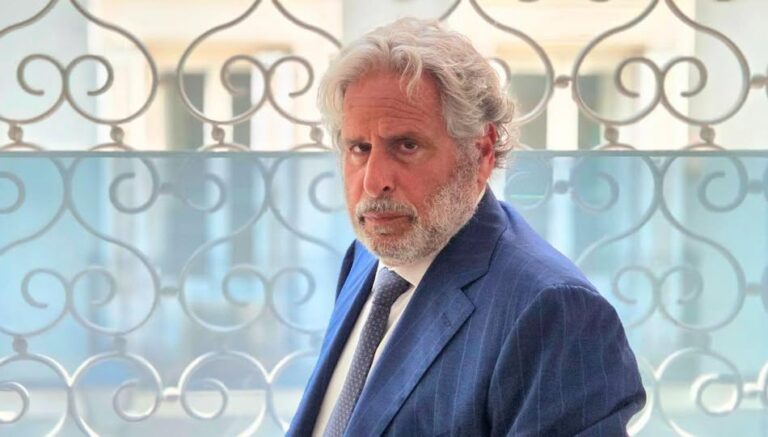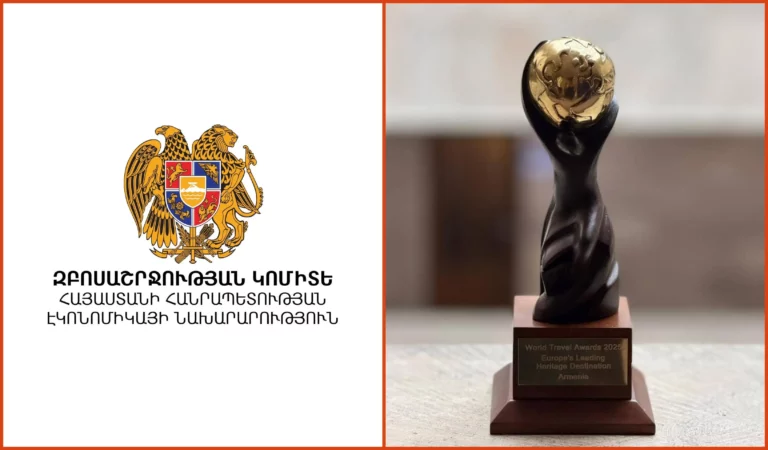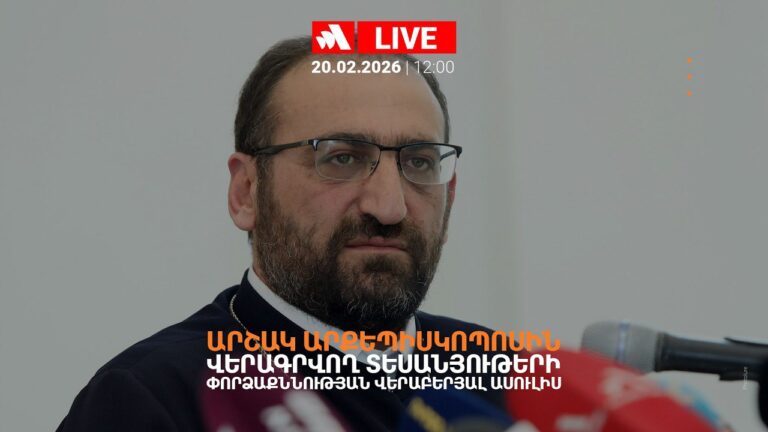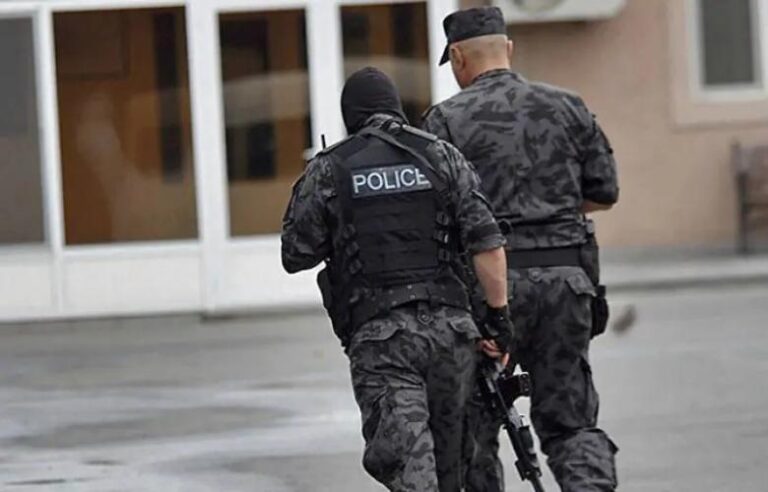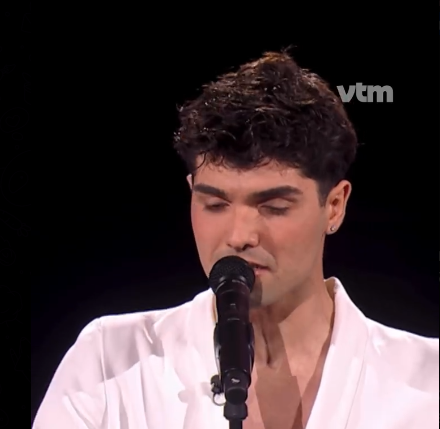‘This resembles the behavior of a child’: political scientist on actions of Armenian authorities
Russian political scientist Bogdan Bezpalko commented to Alpha News on the cooling of Armenian-Russuan relations and the refusal of the Speaker of the Armenian Parliament, Alen Simonyan, to attend the meeting of the CSTO member countries on December 19.
“There are two options here. The first option is a sluggish confrontation between Pashinyan and Putin—between the Armenian and Russian leadership—which is designed to have a certain media effect. That is, the Armenian authorities are now in a difficult situation; they lost Karabakh, well, in general, they experienced a number of image and reputational losses and they seek to shift the blame to the Russian authorities. At the same time, the Armenian authorities are not rushing to leave either the CSTO or the EAEU.
The second option could be a desire to provoke Russia to take some steps, like what was already done at the Verkhny Lars checkpoint, with a fairly detailed phytosanitary inspection being introduced, hindering Armenian goods from crossing the border. This has already made a number of Armenian manufacturers rethink the situation, saying that if the Russian market is lost, it will be very difficult to replace it, even if, say, the Chinese market is opened for them. Simply due to the fact that Armenian goods do not need to be advertised in Russia. Armenian cognac or Armenian apricot are always high-quality goods that people in Russia love, have known for many decades and will definitely buy. So, they may provoke Russia into some additional similar actions that they will try to present in the media as an unfriendly action and once again try to shift the blame.
But in reality, for now, this sluggish confrontation could last for years before it could logically reach the level of Armenia leaving, say, the CSTO or the EAEU. I can’t say how realistic this is now because economic cooperation with Russia, in my opinion, is no less and perhaps even more important for Armenia than cooperation in the defense sector,” the expert said.
Bezpalko considers the actions of the Armenian authorities infantile at first glance, but upon closer observation, he sees a more far-reaching component in them.
“This behavior resembles that of a child who is trying to attract attention. But, speaking in expert language, this is work designed for the media, for public relations, that is, for the media sphere. Real security issues are not discussed here because they existed and continue to exist within the CSTO. But these are issues that can be very well presented in the media, promoted in the media, and, accordingly, achieve a certain effect. Either on the domestic Armenian media market or on the Western one. For example, France has always been interested in the Caucasus and Armenia because there is a large Armenian diaspora there. Maybe this is an attempt to interest other foreign policy players,” Bezpalko concluded.

